Learning theories serve as essential frameworks that inform instructional design. Each theory offers valuable perspectives on how individuals acquire knowledge, which directly influences the creation of effective educational experiences.
For example, behaviorism emphasizes reinforcement and observable behavior, while constructivism focuses on learners actively constructing their understanding through experiences.
Adult learning theories highlight the unique needs and motivations of adult learners. Understanding these diverse theories enriches the design process, allowing educators to create tailored strategies that meet the varied needs of their students.
Integrating different theories can lead to innovative teaching methods, enhancing the overall effectiveness of educational programs.
Behaviorism in Instructional Design
Behaviorism plays a crucial role in instructional design by emphasizing observable behaviors and measurable outcomes. This approach allows designers to create effective learning experiences that encourage specific actions through the stimulus-response relationship. When learners encounter a stimulus, their responses can be shaped and reinforced effectively.
Incorporate behaviorist reinforcement techniques into your designs. For example, using positive reinforcement—such as praise or rewards—can inspire learners to repeat desired behaviors. Consistent and immediate feedback enhances learner engagement, making them feel more connected to the content. This connection not only boosts motivation but also fosters a supportive learning environment, as learners recognize their progress and achievements.
It is important to structure instructional materials with clear objectives and assessments. This clarity helps learners understand the expectations set for them and enables you to monitor their progress effectively.
Recognize that each learner is unique, necessitating adaptability in your approach. By building an environment grounded in behaviorism, you enhance learning outcomes and cultivate a community where everyone can thrive. Embrace this method to transform your instructional design for the better.
Constructivism and Learning
Constructivism in instructional design highlights the active role of learners in building their own understanding and knowledge. Instead of passively receiving information, learners engage with content, connect it to their experiences, and create their own meanings. This method promotes a sense of community since learning becomes a collaborative journey.
Collaborative learning plays a crucial role in this approach. When individuals work together, they share ideas, question assumptions, and enhance their understanding. These interactions are essential for grasping concepts and feeling part of a learning community.
Assessment within a constructivist framework emphasizes the application of knowledge in real-world situations rather than mere memorization of facts. This focus on practical relevance helps learners see the value of what they’re studying, making the learning experience more meaningful and impactful.
Cognitivism’s Role in Education
Cognitivism significantly influences education by emphasizing the methods students use to process and retain knowledge.
Cognitive Load Theory is a crucial aspect to consider when designing lessons, as it helps ensure that students can learn effectively without feeling overwhelmed.
Understanding Information Processing Models offers valuable insights into how learners acquire and organize information, which can lead to better educational outcomes.
For example, using graphic organizers can help students visualize connections between concepts, enhancing their understanding and retention.
This approach not only aids in learning but also fosters critical thinking skills, making it an essential component of effective teaching strategies.
Cognitive Load Theory
Cognitive Load Theory is a crucial concept for effective learning. It explains how the complexity of tasks influences cognitive development. Managing cognitive load can enhance memory retention and ease the transfer of knowledge. The key lies in balancing intrinsic motivation with the demands of new information.
Effective learning strategies strengthen mental models, making them easier to navigate. Instructional scaffolding is vital; it helps learners tackle complex tasks without feeling overwhelmed.
As learning unfolds, managing attention becomes essential, allowing focus on what’s truly important. Awareness of cognitive load enables learners to select tasks that align with their capacity, which enhances engagement.
This awareness aids in breaking down intricate problems into simpler parts, promoting deeper understanding and integration of new knowledge. Learning is more than just gathering facts; it involves creating an environment that fosters support and growth.
Embracing these principles can significantly enhance your learning journey.
Information Processing Models
Cognitive load is a key factor in understanding Information Processing Models, which outline how we mentally process and store information. These models clarify the relationships among cognitive architecture, working memory, and long-term memory, providing valuable insights into the learning process.
| Concept | Description |
|---|---|
| Schema Theory | A framework for organizing knowledge. |
| Attention Mechanisms | Techniques for filtering relevant information. |
| Retrieval Practice | Enhances memory retention through active recall. |
Incorporating dual coding and multimedia learning can significantly enhance comprehension. Combining visual and verbal information creates stronger schemas, facilitating easier knowledge retrieval. Employing metacognitive strategies enables reflection on the learning process and allows for adjustments to improve retention.
When designing learning experiences, it’s essential to consider how these elements interact. A solid understanding of Information Processing Models can help create a supportive environment where individuals feel encouraged to engage, learn, and develop together. Finding effective strategies tailored to your learning style makes the educational journey both enjoyable and impactful.
Social Learning Theory
Social Learning Theory focuses on how individuals can acquire knowledge not only through their own experiences but also by observing the behaviors of others. Understanding its core concepts can significantly enhance educational practices and learning results.
Observation is a crucial factor in this learning process, as it influences how individuals interpret and engage with their environment. For instance, when students watch their peers successfully solve a problem, they may feel motivated to adopt similar strategies, thus improving their own skills.
This theory underscores the importance of modeling behavior and highlights the role of social interactions in the learning experience.
Key Principles Explained
Social Learning Theory highlights the significance of observation and imitation in the learning experience. Learning occurs not only through direct participation but also through watching others and replicating their actions. This process fosters a sense of belonging within group settings, as individuals share experiences and knowledge.
Engaging actively with one’s environment and peers is crucial, promoting interaction and collaboration that cultivates a supportive learning atmosphere.
Formative assessment is vital in this context, as it enables reflection on one’s learning journey and provides valuable feedback for adjusting strategies. Observing both the successes and challenges faced by peers offers insights that enhance understanding.
This collective process builds a community where everyone learns from each other, enriching the overall educational experience.
Applications in Education
Integrating Social Learning Theory into education can significantly enhance the learning experience. This approach promotes collaboration and interaction among students, fostering a sense of belonging and community that increases engagement.
Implementing gamification strategies can make learning enjoyable and competitive, motivating students to observe and learn from their peers. When students witness their classmates succeed through teamwork, they’re more inclined to adopt similar strategies.
Another effective application of Social Learning Theory is personalized learning. Customizing educational experiences to align with individual needs and interests helps students feel recognized and appreciated. This tailored approach encourages deeper connections with the material and enhances motivation to learn.
Combining these methods not only aids in knowledge acquisition but also develops essential social skills. As students collaborate and learn from each other, they cultivate empathy and teamwork abilities that are crucial in today’s society.
Focusing on these collaborative aspects in instructional design can enrich the educational journey, ensuring that every learner feels included in the community while working towards their personal learning objectives.
Influence of Observation
Observation is a crucial component of Social Learning Theory, enabling individuals to acquire knowledge from the experiences and actions of others. Engaging in observational learning allows you to gain insights from peers and mentors, which contributes to both personal development and group cohesion. This approach highlights the impact of modeling behavior on relationships and self-improvement.
The following table outlines key elements of observational learning:
| Aspect | Description | Example |
|---|---|---|
| Modeling Behavior | Imitating others’ actions | Adopting a classmate’s effective study techniques |
| Reinforcement | Positive reinforcement leads to repeated actions | Recognizing a teammate for successful collaboration |
| Identification | Connecting with the model enhances learning | Relating to a mentor’s experiences and challenges |
Understanding these aspects of observational learning is vital for fostering an environment that encourages growth and collaboration. This method not only enhances individual skills but also strengthens community ties.
Connectivism for Digital Learning
Connectivism provides a modern framework for understanding digital learning, focusing on the significance of networks and connections in acquiring knowledge. In an era where online collaboration is prevalent, engaging in networked learning through diverse digital communities is vital. These platforms enable knowledge exchange, enhancing your ability to connect with others and broaden your comprehension.
To succeed in this landscape, developing strong digital literacy skills is essential. This involves not only consuming information but also actively creating and sharing your own insights. With the right technological tools, you can effectively navigate online environments that bolster your learning experience.
Embracing autonomy in your education empowers you to customize your learning path according to your individual needs and interests. Connectivism emphasizes the importance of information ecology, teaching you to identify and evaluate valuable resources amid a wealth of information.
Adopting flexible learning strategies allows you to modify your approach as your knowledge grows and as you build new connections. Ultimately, connectivism encourages you to engage actively in your education, cultivating a sense of community among fellow learners.
Experiential Learning Principles
Experiential learning principles highlight the significance of hands-on experiences in education. Engaging in practical activities enables a connection between theoretical knowledge and real-world application, leading to a more profound comprehension of various concepts. This approach not only enhances your understanding but also increases learner autonomy by equipping you with relevant skills and insights.
Critical reflection on your experiences is vital in this context; it prompts you to assess how these experiences influence your learning journey. Active participation in immersive activities fosters collaborative learning environments, promoting a sense of community where all contributions are acknowledged and valued.
Experiential assessment is a key component of this learning process. Instead of relying solely on traditional exams, it focuses on evaluating understanding through practical tasks and projects.
This method incorporates feedback mechanisms that provide constructive insights, allowing you to refine your strategies and deepen your learning effectively.
Humanistic Approaches to Learning
Humanistic approaches to learning emphasize the importance of the individual, highlighting personal growth and self-actualization. These methods create a nurturing environment that encourages exploration of your passions and interests.
Central to this approach is the recognition of your experiences and feelings, which empowers you to take control of your own learning path.
Incorporating strategies for self-actualization encourages you to establish personal goals that resonate with your values. This process not only fosters a sense of community but also enhances your motivation to learn. Focusing on your true aspirations helps you form a stronger connection to your educational journey.
Moreover, humanistic learning promotes independence, allowing you to assume responsibility for your own development. You’re regarded as an active participant rather than a passive recipient of knowledge. This independence builds your confidence and inspires deeper engagement in the learning process.
Embracing these approaches can significantly change your perspective on education. You’ll begin to see it as a journey toward self-discovery and fulfillment, rather than merely a series of obligations.
Trust in your abilities, and embark on a path where your growth takes precedence.
Adult Learning Theories
Adult learning theories play a critical role in shaping educational experiences, focusing on personal growth and self-directed learning. This approach isn’t merely about gaining knowledge; it emphasizes the responsibility of learners to guide their own development.
The principles of andragogy suggest that adults benefit most when their education is directly applicable to real-life scenarios. This importance of relevance aligns with motivation theories, which stress that intrinsic motivation is essential for fostering a passion for lifelong learning.
Experiential education is a key component, allowing learners to apply theoretical concepts in practical settings, thus creating memorable and meaningful learning experiences.
Transformative learning encourages reflection on experiences, facilitating shifts in perspectives and openness to new ideas. Collaborative learning enhances the educational journey by building a sense of community, where knowledge and insights are shared among peers, fostering mutual support and growth.
Such approaches are vital for adults seeking to expand their skills and knowledge in a way that aligns with their personal and professional goals. Engaging with these theories not only enriches the learning process but also empowers individuals to take charge of their educational paths.
Universal Design for Learning
Universal Design for Learning (UDL) is an inclusive framework that aims to enhance teaching and learning for all individuals. This approach promotes an environment where diverse learners can flourish by focusing on accessibility and inclusive practices. UDL ensures that every learner has equal opportunities to succeed.
The strength of UDL is its adaptable learning model, which allows for personalized pathways that align with individual strengths and preferences. This flexibility enables learners to engage with content in meaningful ways. Utilizing engagement strategies and assistive technologies enhances the learning experience and effectively addresses the variability among learners.
Here’s a summary of UDL principles and practices:
| UDL Principles | Examples of Practices |
|---|---|
| Multiple Means of Engagement | Gamification, Collaborative Projects |
| Multiple Means of Representation | Visual Aids, Audio Resources |
| Multiple Means of Action and Expression | Choice Boards, Digital Tools |
| Personalized Learning | Adaptive Learning Systems |
Adopting UDL principles can transform educational settings, making them more engaging and accessible for all learners.
Conclusion
Learning theories play a crucial role in instructional design, shaping how educators approach teaching and how learners engage with material. These theories, ranging from behaviorism to constructivism, provide frameworks that inform the development of effective educational strategies. For instance, behaviorism emphasizes reinforcement and practice, which can be seen in the use of cognitive drills to help students memorize information. On the other hand, constructivism promotes collaborative learning, encouraging students to discuss and challenge each other’s ideas, fostering deeper understanding.
Universal Design for Learning (UDL) is another important concept, ensuring that educational experiences are accessible to all learners, much like how a well-designed amusement park offers enjoyable rides for everyone. By integrating these theories into instructional design, educators can create a more engaging and inclusive learning environment that caters to diverse needs and learning styles.

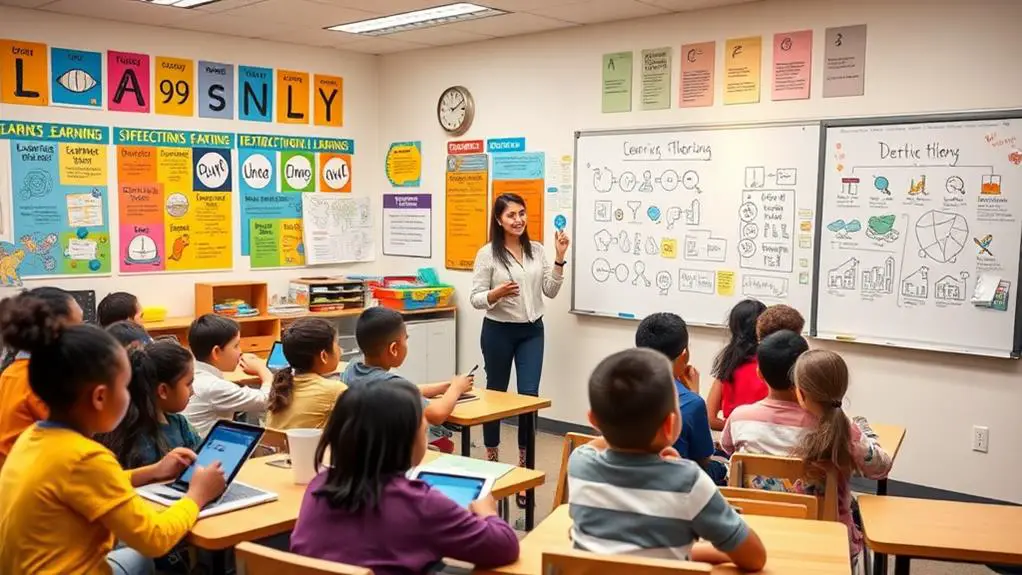
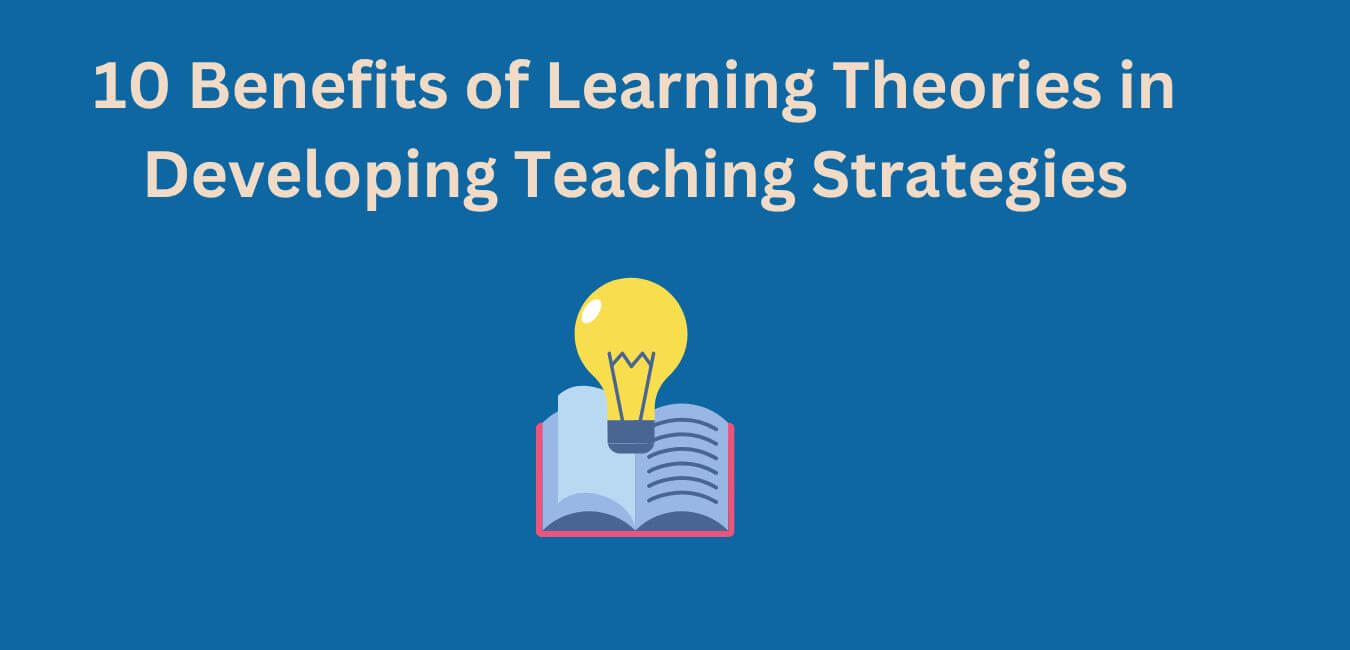
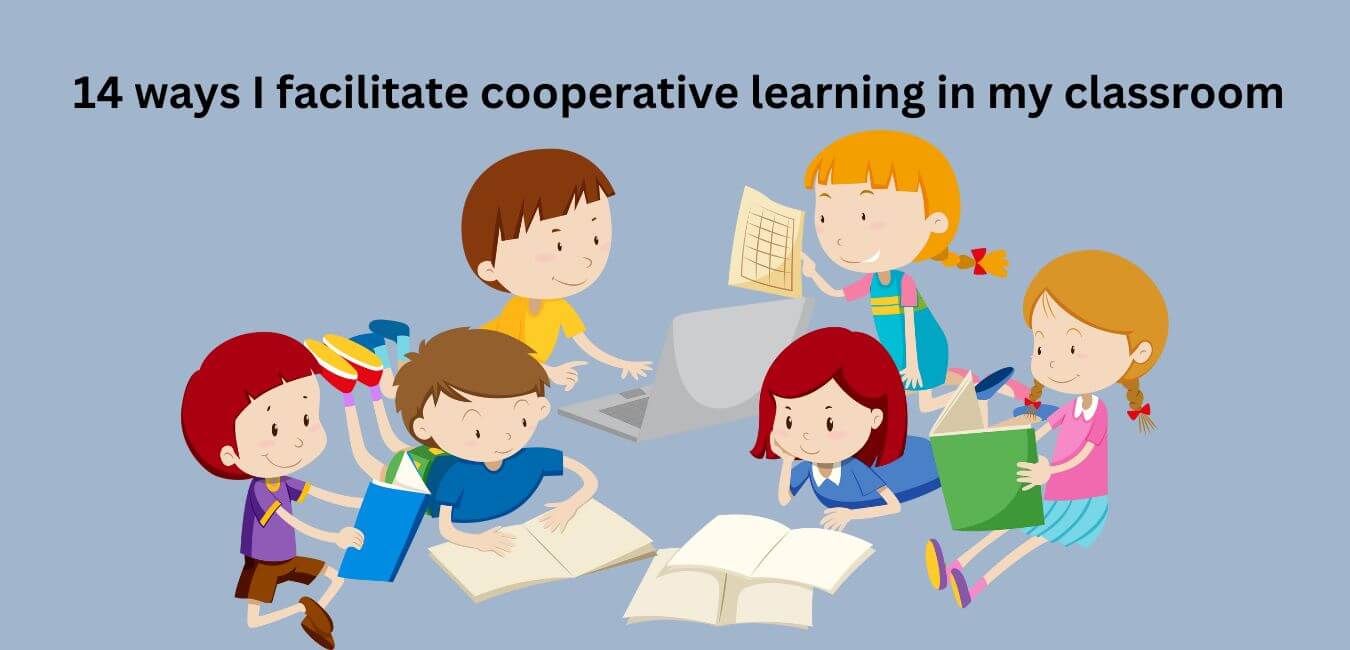

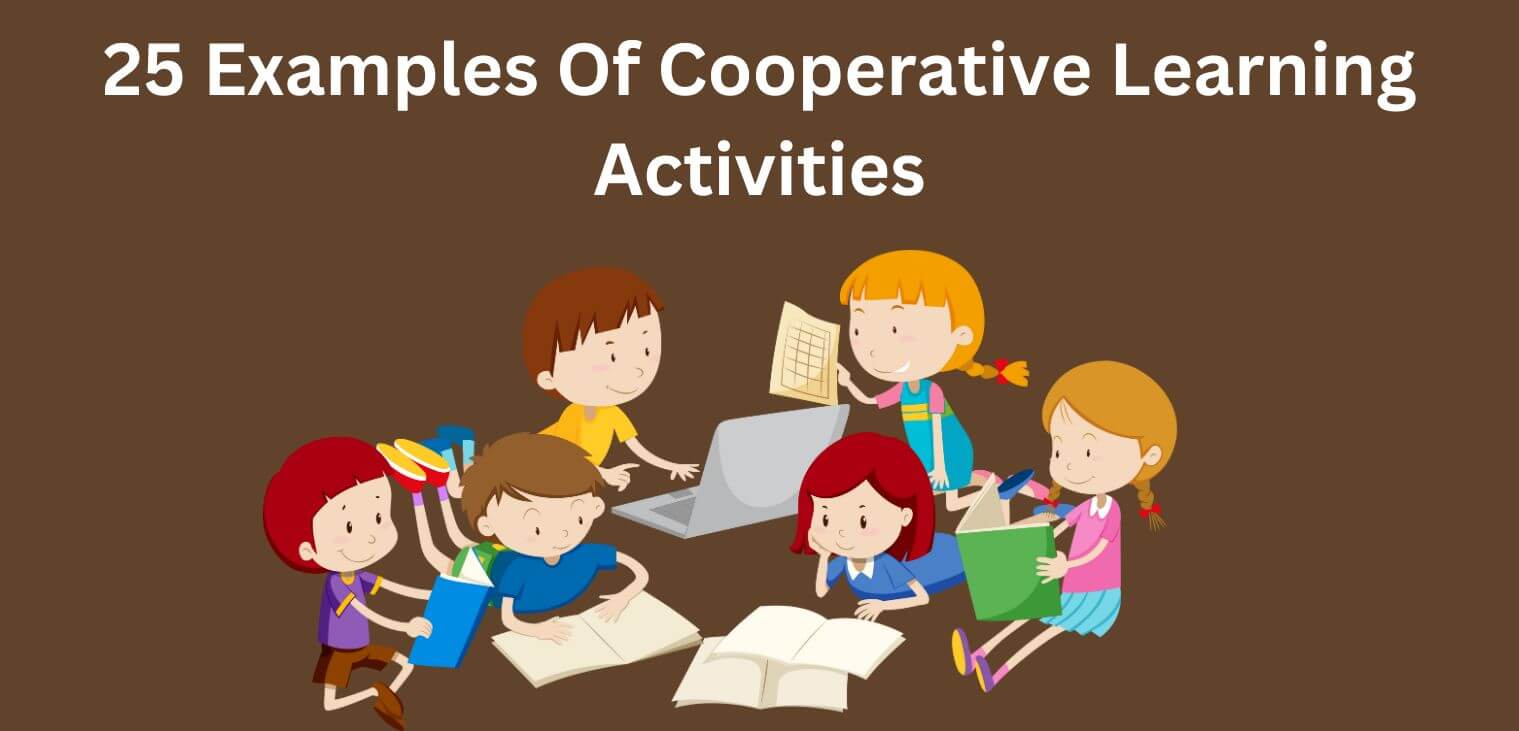
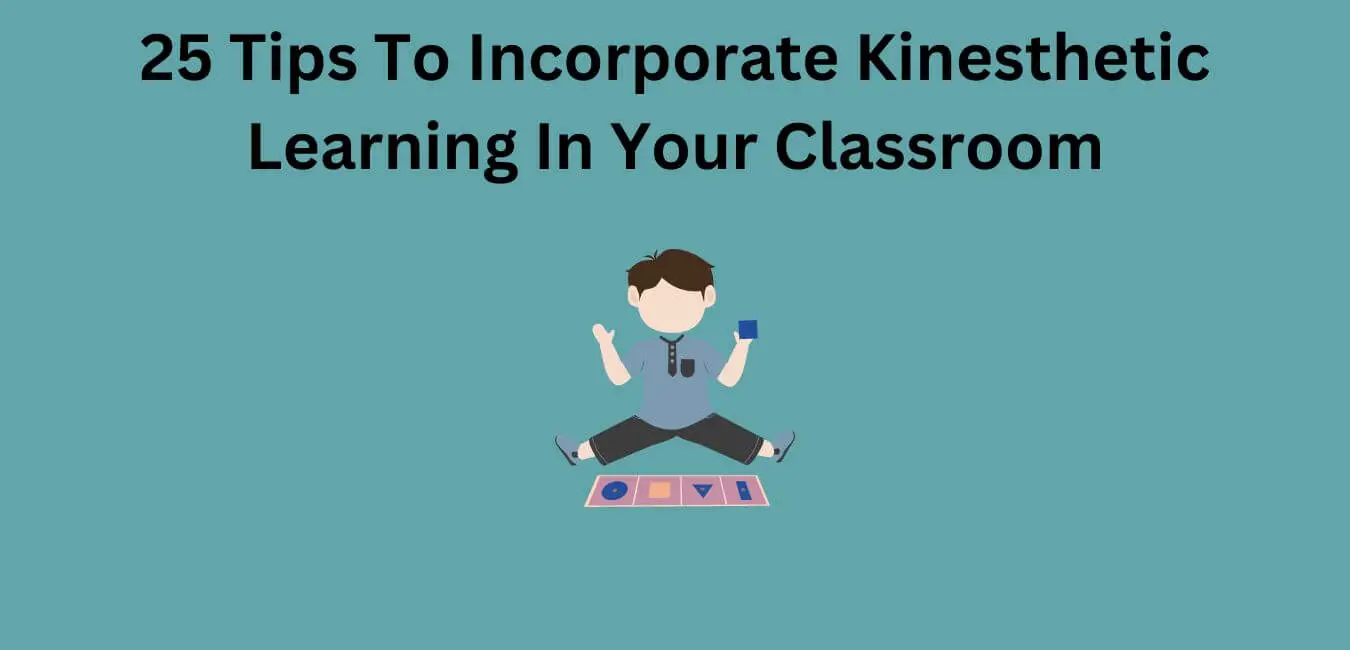
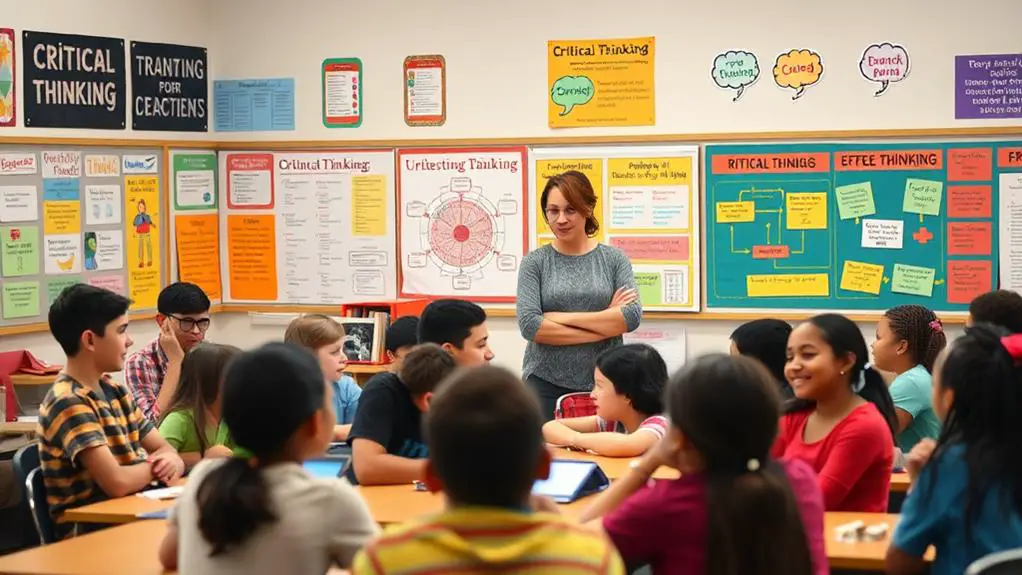



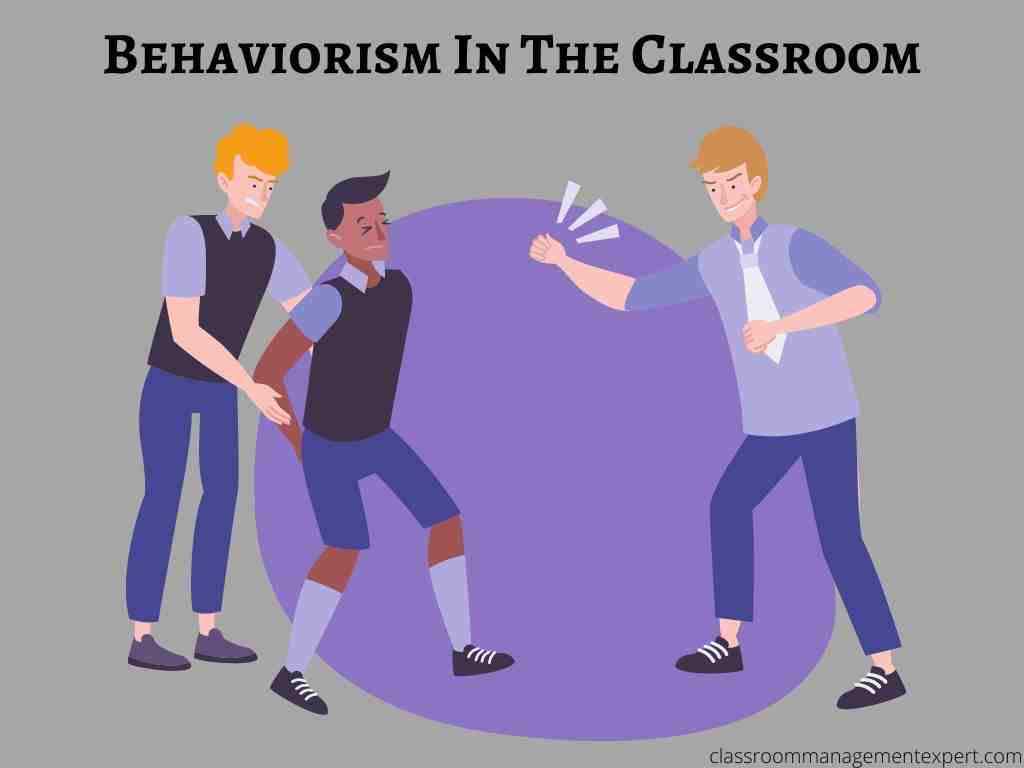





Leave a Reply